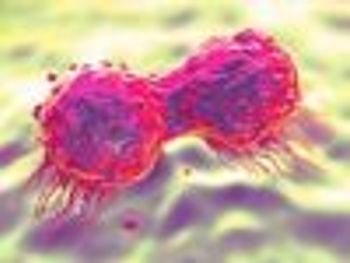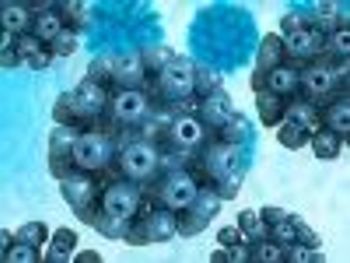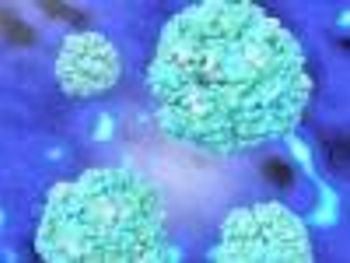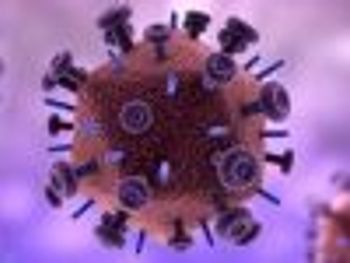
Top stories of the week on Specialty Pharmacy Times from May 11 to May 15.

Top stories of the week on Specialty Pharmacy Times from May 11 to May 15.

Black men more likely to be diagnosed with breast cancer at a younger age than white men.

National Association of Specialty Pharmacy (NASP) Executive Director James E. Smeeding, RPh, MBA, discusses the impact of the Affordable Care Act on specialty pharmacy.

Excess medical expenses, employment disability, and a drop in production at work common in cancer survivors.

Promising results from generic formulation of drug used post-transplant to reduce the risk of organ rejection.

Study warns that drug reviewers don't look at long term survival of patients.

Investigational 3-drug combination cleared the virus in 93% of treatment-naïve patients.

Particles protected antigen from premature destruction and prompted the immune system to attack cancer cells.

Direct-acting-antiviral drugs daclatasvir, asunaprevir, and beclabuvir showed high rates of sustained virologic response after 12 weeks.

Age and weight found to play a role in side effects.

Kjel Jonhson, PharmD, Vice President of Global Oncology for IMS Health, discusses changes in store for the care of cancer patients over the next decade.

Mass spectrometry reveals all proteins that repair damaged cancer DNA.

Targeting gene mutations causes stress that damages cancer cell DNA.

Treating immune-suppressing cells allows for destruction of tumors.

Study finds chronic hepatitis C has a limited impact on mortality unless the patient has other severe comorbidities.

A look back at the top stories on Specialty Pharmacy Times from May 4 to May 8.

Implant delivers sustained release of ARV drugs up to 40 days with no adverse side effects.

Genetically determined telomere length may not influence mortality.

Combination of recombinant factor VIII with a fusion protein allows for less frequent treatment.

Diets with more animal protein and less soluble fiber increases cancer risk.

Researchers find significant reduction in lung cancer-specific deaths.

Cancer rates significantly greater compared with non-infected individuals.

Boosting immune system improves efficacy of antiretroviral drugs.

Delays can negatively affect treatment efficacy and the risk of morbidity and mortality among patients.

A look back at the top stories of the week on Specialty Pharmacy Times from April 27 to May 1.

Blocking production of specific immune cell protects against onset of MS.

Therapy shows promise in treatment of hepatitis C genotype-1 mono-infected patients.

Highest uninsured rates found in patients with testicular, stomach, and cervical cancers.

Delays can negatively affect treatment efficacy and the risk of morbidity and mortality among patients.

Two new drugs showed significant reversal of disease severity.